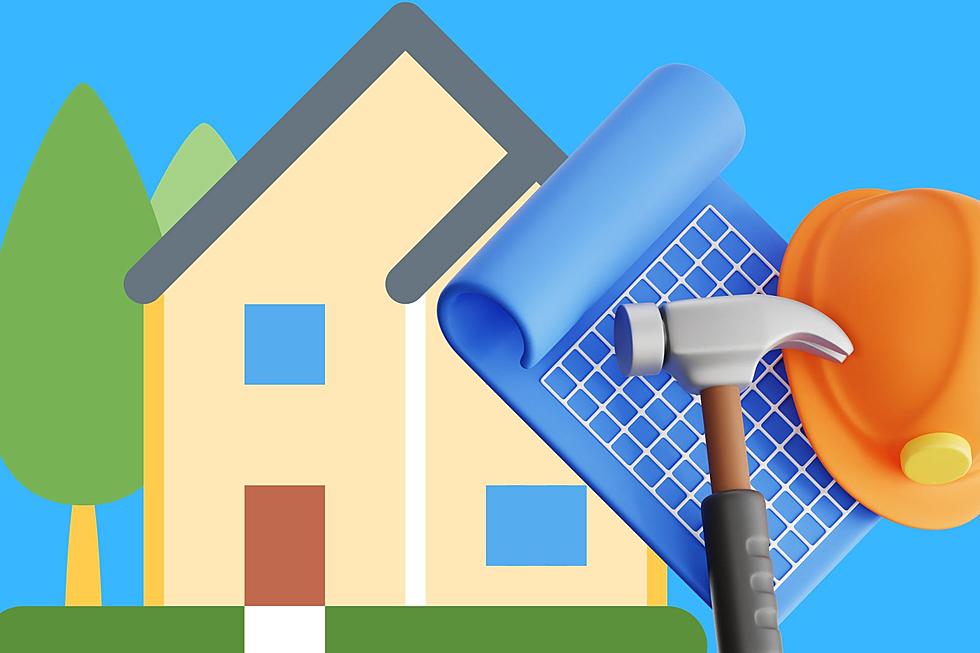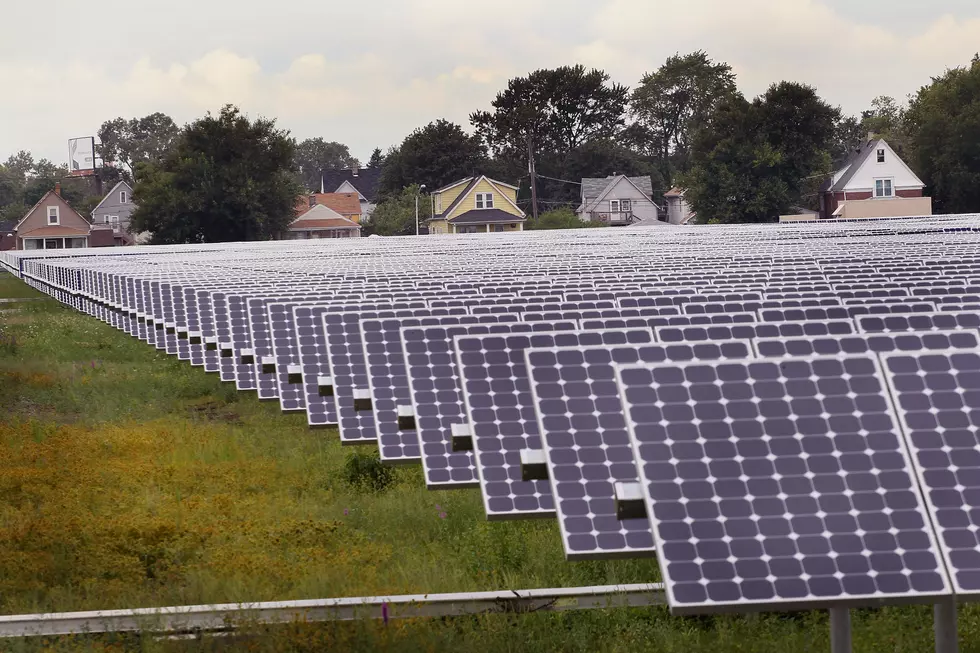![3 Common Misconceptions About Solar Energy Debunked [SPONSORED]](http://townsquare.media/site/385/files/2012/06/Energy.jpg?w=980&q=75)
3 Common Misconceptions About Solar Energy Debunked [SPONSORED]
Author - Justin Puik
Let’s face it, the idea of a solar installation can be scary. You may be thinking to yourself, “I don’t want to pay some huge amount of money to have people drill holes in my roof!” That’s fair. Any addition to your home should be well-thought out and researched, and we always want our neighbors to have all the facts. We realize you may have heard a lot of different things about solar, and we want to clear up some of the misconceptions that may be floating around the community. We've teamed with Trinity Solar to dismiss 3 common myths about solar energy.
3. Will I have to put holes in my roof?
This is one I heard a lot from my own mother. When I first talked to her about solar, her first comment was about holes in the roof. After all, who wants a big installation, just to have the first rain brings leaks into their attic?
Have no fear, as your system is secured to your roof using bolts and sealed for weather-proofing using a metal flashing. This is the same kind of flashing that is used for vents, chimneys and windows that may already be incorporated into your home. In the rare case of a flat roof, we use a non-penetrating ballast system that ensures the system stays put without any screws or bolts in your roof.
For those with larger properties who still feel uneasy about roof-mounted systems, there are options of a ground mounted system. For our neighbors with a large open field, this can be a perfect option as you have the benefit of a clear space for the panels to get the most sunlight possible!
So do they drill into your roof? Yes. This is necessary in order to install the panels. However, they can assure you that this process is weatherproof and will not cause any more issues than any of the other metal flashing already used in your home.
2. Solar is useless at night and I’m never home during the day!
We understand that school and work can bring you away from home during the day. Your solar system will generate the most energy when the sun is highest in the sky, yet your lights and electronics are on during the evening. However, that doesn’t mean that you will lose all of the energy your system produces!
Thanks to an important part of your installation called a “Revenue Grade Meter”, your meter actually spins backwards and forwards meaning your solar system is still connected to your utility’s energy grid. When nobody is using the energy that is being generated during the day it is fed back into the grid and your meter will spin backwards, giving you credit towards future energy use. Once you get home in the evening or at night, you will use that credit up.
Net Metering legislation was created by your state legislators in support of solar energy! It is rules like these that make solar energy possible, and why we are grateful to all of our lawmakers who appreciate the many benefits that solar can bring to their state and the country.
Depending on the size of your system, this backwards spinning will not only allow you to take advantage of the energy generated at any time, but it will also bring your energy bill payments down. After all, if you use 55 kilowatts and you generated 50 kilowatts, you only have to pay the utility company for 5 kw! Your electric bill will easily be fraction of what it once was!
1. Solar is way too expensive! What’s the point in going green if I lose all my green?
Once upon a time solar cost approximately $100 per watt. In the 1970’s, a major breakthrough was reached and the price dropped to $20 a watt. Nowadays? You are looking at a fraction of that price for directly purchasing a solar system for your home.
Of course, not everyone has the desire to outright buy a solar system. Depending on your energy use you may require a very large system to cover your energy use. That is not a problem at all! Thanks to partnerships with SunRun and Clean Power Finance, there are several options available for homeowners that allow you to pay for solar energy in a way that fits your family’s budget.
For example, there are offers a Low Upfront plan that allows you to pay nothing out of pocket and lock in the rate of electricity that your system produces for 20 years – that translates to roughly $19,000 in savings! Or, with a prepaid - plan, you can invest upfront and gain double digit returns for years to come. Utility rates may fluctuate, but with your new solar system you won’t carry the burden of those rate hikes.
There are many misconceptions about solar that are floating around, and partnering with Trinity Solar, we hope we can assure some of the concerns that these myths have raised. Adding a solar system to your home is a great money and energy saving experience. For more information from Trinity Solar, click HERE.
More From New Jersey 101.5 FM









